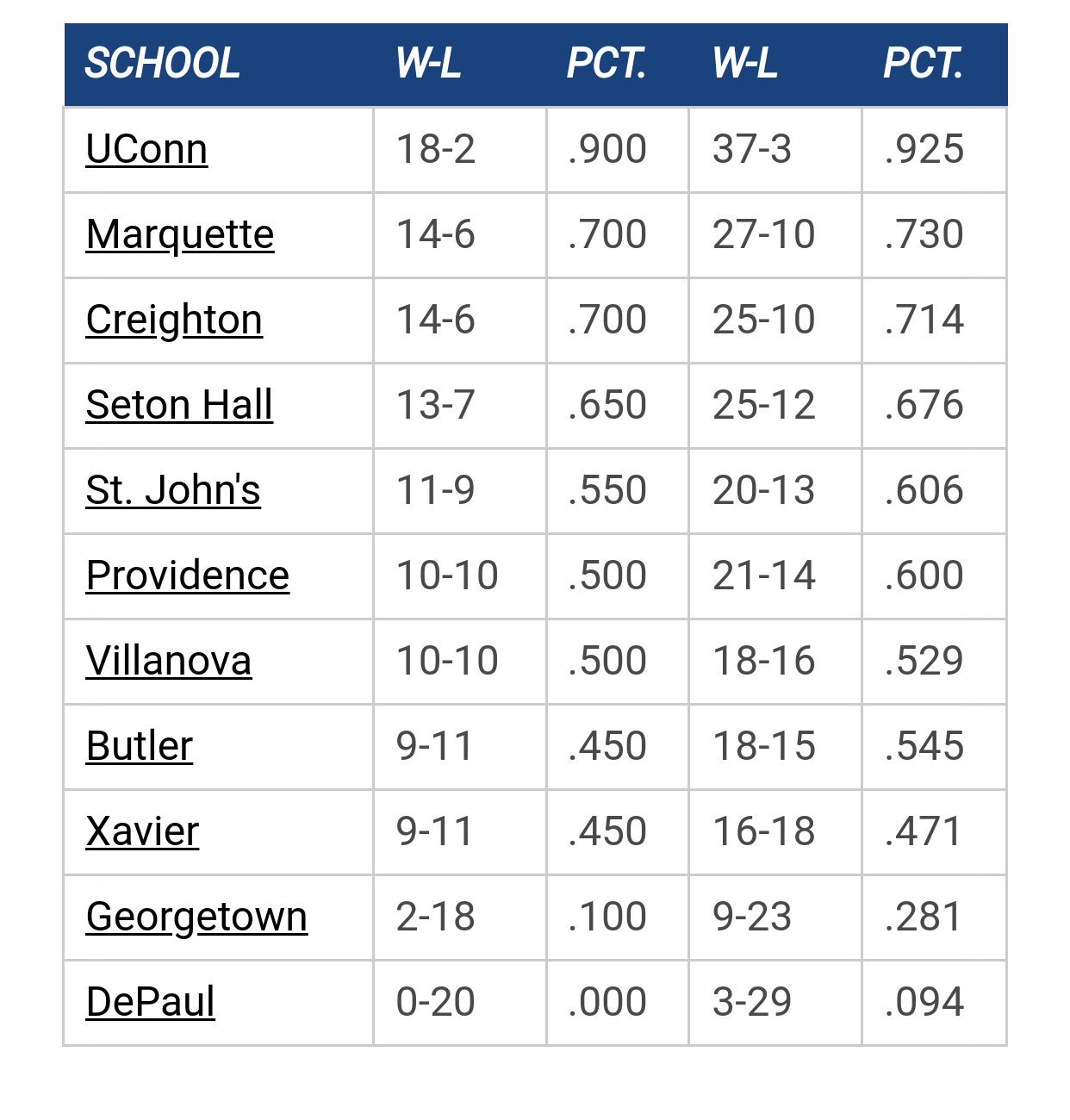- Welcome to MUScoop.
Georgetown game roll call 2026 by 18thandWells
[Today at 11:20:15 AM]
Recruiting as of 1/15/26 by Juan Anderson's Mixtape
[Today at 11:02:08 AM]
Transfers in/out 2025-2026 by ATL MU Warrior
[Today at 11:00:23 AM]
Shaka Smart 02/18/2026 by wiscwarrior
[Today at 10:58:13 AM]
2025-26 Big East Thread by willie warrior
[Today at 06:45:43 AM]
James/Stevens by Newsdreams
[February 22, 2026, 07:33:30 PM]
We're 3rd best! by Pakuni
[February 22, 2026, 05:04:29 PM]
[Today at 11:20:15 AM]
Recruiting as of 1/15/26 by Juan Anderson's Mixtape
[Today at 11:02:08 AM]
Transfers in/out 2025-2026 by ATL MU Warrior
[Today at 11:00:23 AM]
Shaka Smart 02/18/2026 by wiscwarrior
[Today at 10:58:13 AM]
2025-26 Big East Thread by willie warrior
[Today at 06:45:43 AM]
James/Stevens by Newsdreams
[February 22, 2026, 07:33:30 PM]
We're 3rd best! by Pakuni
[February 22, 2026, 05:04:29 PM]
The absolute only thing required for this FREE registration is a valid e-mail address. We keep all your information confidential and will NEVER give or sell it to anyone else.
Login to get rid of this box (and ads) , or signup NOW!
Georgetown Date/Time: Feb 24, 2026, 6:00pm TV: NBC SN Schedule for 2025-26 |
||||||
User actions


